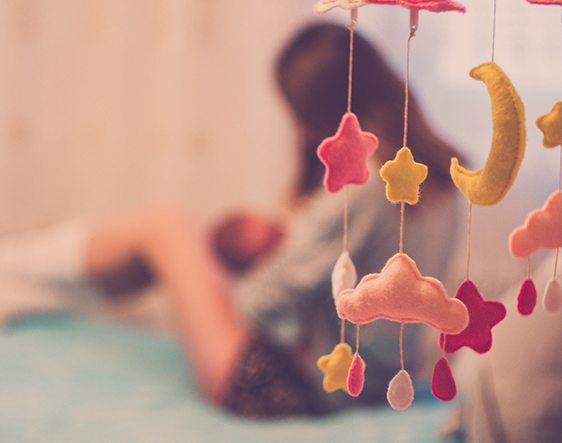That mums are less likely to drop out of the workforce when they start having children is a positive development. This is however, unlikely to tackle the gender pay gap as many women may find themselves in flexible, part-time or less well-paid jobs. Contributor Shainaz Firfiray, Associate Professor of Organisation and Human Resource Management – Warwick Business School.
As addressing inequalities in labour markets is a key policy issue, understanding the structural impediments that contribute to the persistent wage differences between males and females is more important than ever.
A number of studies show that the gender pay gap widens significantly during women’s childbearing years; in fact, a recent paper by the US Census Bureau has shown that for women who have their first child between the ages of 25 and 35, the gap between their salaries and their partner’s doubles and never fully closes for the rest of their career.
One possible explanation for this motherhood penalty is based on the concept of human capital. In many professions, experience is considered an important element of one’s human capital and is a key factor in one’s career progression. A woman who has taken career breaks following childbirth is valued less and will continue to earn lower wages for the rest of her career.
However, the study also shows that women who have their first child – either before 25 or after 35 – that is before their careers get started or after they have already proven themselves and achieved more senior positions are eventually able to close the pay gaps with their partners.
As the years between 25 and 35 are vital career building years and also the years when many women choose to have children, tackling the sources of these inequalities is extremely important. Closing the gender pay gap will require a shift in attitudes about women’s roles in organisations and society as well as more comprehensive, government subsidized parental leave policies.”







